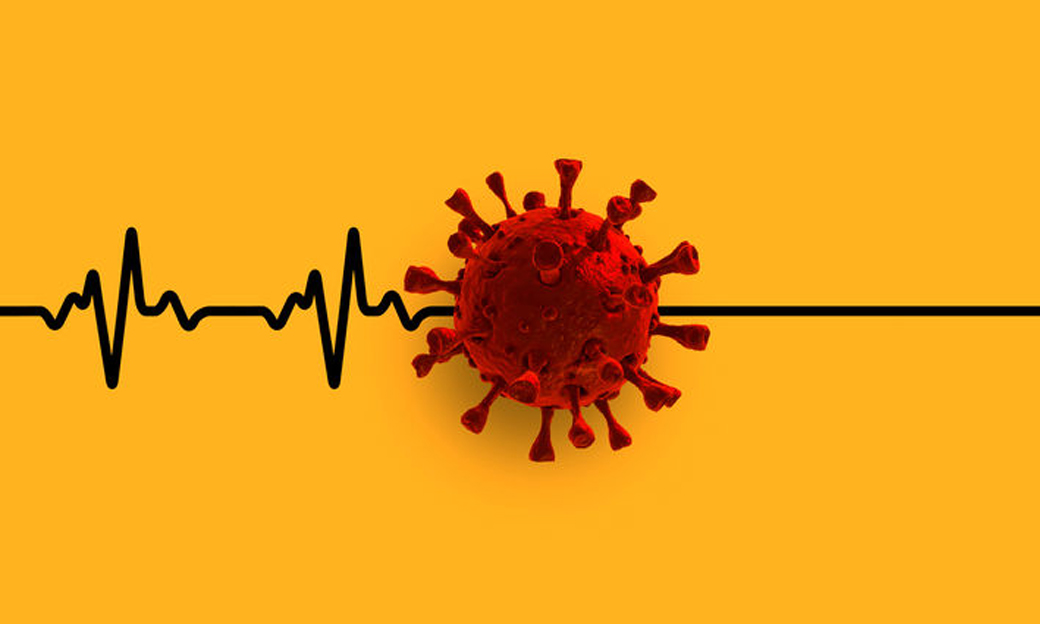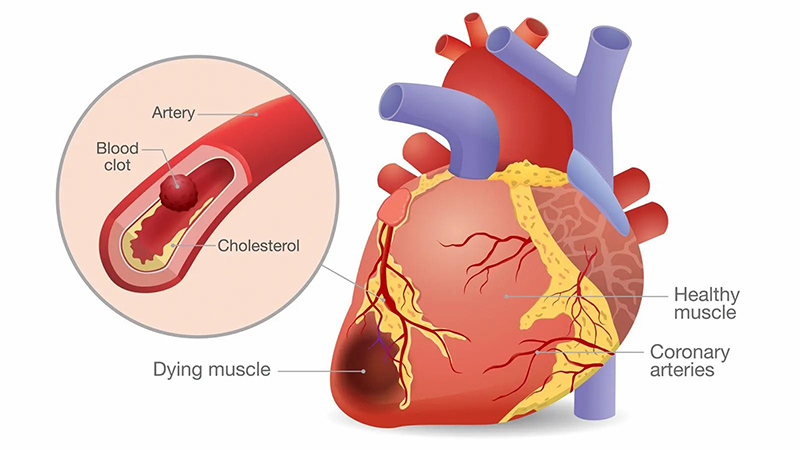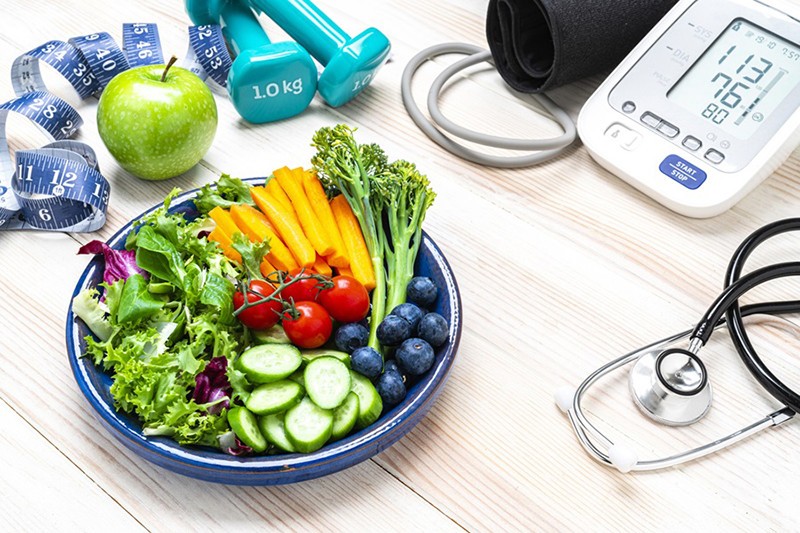
COVID-19 has left an indelible mark on global health, revealing not only its acute effects but also its lasting impacts on various bodily systems. One area of concern that has gained attention recently is cardiovascular health. For many survivors, managing blood pressure has become a crucial part of their ongoing recovery journey. Understanding COVID-19's influence on cardiovascular health, the benefits of home monitoring, and how to effectively track your blood pressure can make a significant difference in your long-term well-being.
COVID's Cardiovascular Impacts
COVID-19 is primarily known for its respiratory symptoms, but emerging research has highlighted its potential to affect the cardiovascular system profoundly. The virus can induce inflammation and damage to blood vessels, potentially leading to persistent issues like high blood pressure. Studies have shown that even after the acute phase of the illness has passed, many survivors experience elevated blood pressure levels, which can increase the risk of heart disease and stroke.
The virus may exacerbate existing cardiovascular conditions or trigger new ones due to the inflammatory response it generates. This means that COVID survivors need to be vigilant about their cardiovascular health, particularly monitoring and managing their blood pressure to mitigate these risks.

Benefits of Home Monitoring
Given the potential for long-term cardiovascular issues, regular monitoring of blood pressure is essential for COVID survivors. Home blood pressure monitors offer a convenient and effective way to keep track of your readings without the need for frequent visits to healthcare facilities. These devices provide several benefits:
● Convenience: Home monitors allow you to check your blood pressure at any time, making it easier to integrate this task into your daily routine.
● Early Detection: Regular monitoring helps in detecting any unusual changes in blood pressure early, which can be crucial for timely intervention and management.
● Personalized Data: Home monitoring provides a wealth of data that can be used to identify patterns and trends in your blood pressure, aiding in better management and discussions with your healthcare provider.
For instance, the Pangao Blood Pressure Monitor PG-800B18 is a highly recommended home device that offers a range of features to enhance your monitoring experience. This model supports dual-user memory, allowing two individuals to track their blood pressure separately. It also includes a guest mode for occasional users, live voice announcements for easy reading, and indicators for movement and cuff positioning to ensure accurate measurements. Additionally, it features a 3-check mode that averages three readings for greater accuracy. Such comprehensive functionality makes the PG-800B18 a robust tool for effective blood pressure management at home.
Take Readings at the Right Times
To get the most accurate picture of your blood pressure, it's important to take readings at consistent times and under similar conditions. Here are a few tips to ensure the accuracy of your measurements:
● Consistency: Measure your blood pressure at the same times each day—preferably in the morning and evening—to monitor changes effectively.
● Rest Before Measuring: Sit quietly for at least five minutes before taking a reading to avoid any transient increases in blood pressure due to recent activity or stress.
● Proper Positioning: Ensure you are seated with your back supported and your arm at heart level for accurate readings. Follow the instructions provided with your monitor for the best results.
Monitoring Your Health
Regular blood pressure monitoring is just one aspect of maintaining overall cardiovascular health. For COVID survivors, it’s also important to adopt a holistic approach to well-being:
● Healthy Lifestyle: Embrace a balanced diet low in sodium and rich in fruits, vegetables, and whole grains. Regular physical activity and avoiding tobacco use also play crucial roles in managing blood pressure.
● Follow Medical Advice: Keep up with any prescribed medications and follow your healthcare provider's recommendations. If you notice any significant changes in your readings, consult your provider promptly.
● Stress Management: Managing stress through techniques such as mindfulness, meditation, or relaxation exercises can also positively impact blood pressure.

While COVID-19 may no longer be in the headlines as frequently, its effects on cardiovascular health are an ongoing concern for many survivors. By incorporating regular blood pressure monitoring into your routine, taking readings at the right times, and adopting a comprehensive approach to health, you can better manage your cardiovascular risks and support your overall recovery. Remember, the fight for health after COVID-19 continues, but with vigilance and proactive care, you can navigate this new chapter with greater confidence and well-being.
Subscribe means that you have read and agree to the Privacy Policy.
Subscribe means that you have read and agree to the Privacy Policy.
Copyright © Shenzhen Pango Medical Electronics Co.,Ltd, Ltd. All Rights Reserved.